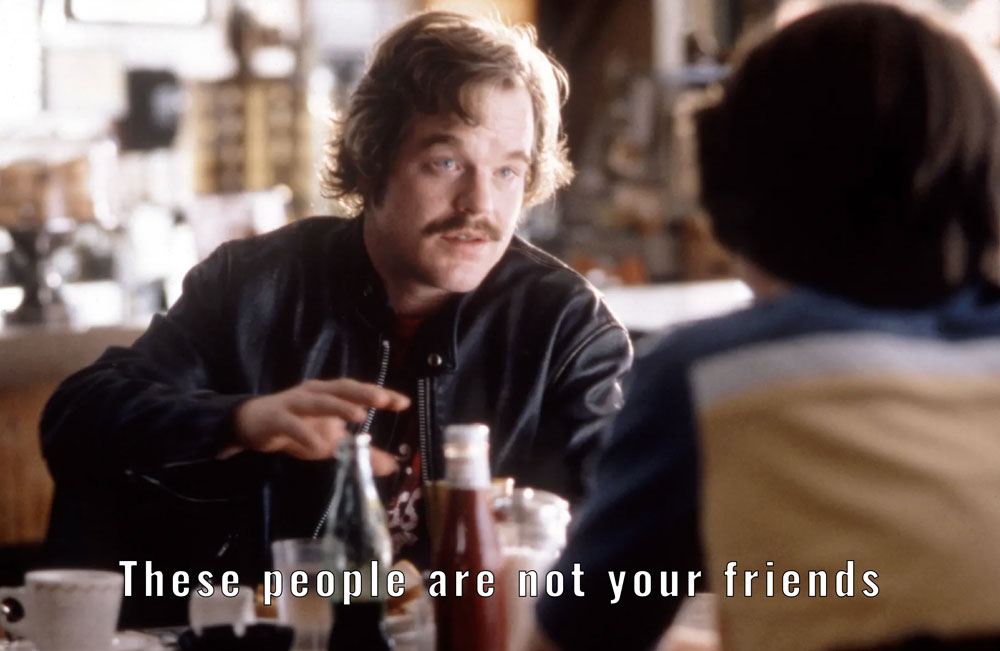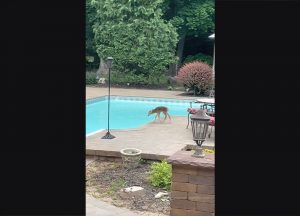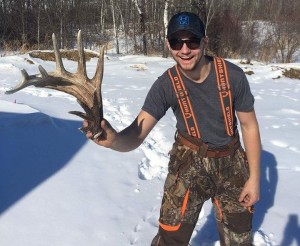I reside in the ‘you do you’ camp for most things in this world. I am of the belief that so long as you aren’t hurting anyone or breaking the law, you ought to do as you please. If, for example, you are vehemently against hunting, you have every right to that stance and I’d never force the undeniable benefits of grilled wild game on you.
Unless, of course, you asked. Hell, I’d invite you to dinner.
The unfortunate reality is that not everyone shares this attitude as has been made clear over the last decade-or-so. The truth is, there are some out there who want to impose their views on others and do not take any days off in their pursuit. They’re right and anyone opposing them is wrong.
Without pointing to many fingers (ok, I’m pointing), animal rights groups tend to belong to this group. They historically have gone to great lengths to protect the animals they love (despite never having met them), and in the process, work towards removing an age-old pastime millions of us participate in – hunting.
The groups, and in some cases, individuals, have long been restricted by their impositions. Outside of a courtroom, there wasn’t much they could do to sway most decisions coming out of state-led wildlife and game agencies.
Until now.
It wasn’t long ago that Washington state first made a move to introduce what they called a ‘partisan’ approach to wildlife management. Rather than relying on state officials, biologists and managers, the state staffed a number of ‘preservationists’ and other anti-hunting members. These new reformers now have control of the board by ways of a 5-4 majority.
Their first order of business? Tearing down the spring 2022 bear hunting season, despite the Department of Fish and Wildlife’s stance that it was ecologically sustainable.
If you don’t think this can happen in your state, think again. Earlier this week Vermont was the latest state to introduce similar legislation that could see the board include “non-consumptive” users in the future.
Vermont Senate Bill 258 was introduced in response to critics of how state Fish and Wildlife handled recent coyote hunting and trapping rule changes and aims to change that and usher in a new board.
As with many other states, Vermont’s Fish and Wildlife is managed by a 14-person board. Each of those board members represents a county, overseeing hunting, trapping and fishing across the state. They are not required to have any degrees or education in wildlife management to be on the board. In instances where they may be underqualified, they lean on Department of Fish and Wildlife employees. As they should.
This very fact is yet another reason as to why the board has come under fire by ‘non-consumptives’. Insinuating that the 14 appointees might not be qualified for their role, proponents to the bill are trying to upend the way things are being done.
If passed, the bill would require ten members to be appointed by the state legislature and another five members by the wildlife commissioner. Turning the board to a 15-member platform, the bill goes further by ensuring that both ‘consumptive and non-consumptive’ members are represented.
Currently speaking, all 14 members of the board are active hunters, trappers and anglers.
Now, I’m not here to say that those who enjoy the outdoors in other pursuits such as bird watching, hiking, photography and other activities don’t deserve a say. They do. In fact, many of them participate in hunting or fishing as well.
And this is where it gets tricky – trying to divide the population of those who enjoy all that nature has to offer, including fishing and/or hunting. Those in that bucket would be excluded from serving on the non-consumptive board as no such segregation currently exists at the Department.
The bill also calls for additional management of non-game species despite federally mandated state wildlife action plans already in place. Which begs the question that this author and many others are thinking and, well, saying.
Is this simply a blatant attempt to usher animal rights activists into positions of power within another state wildlife agency?
I can’t say for sure, but it certainly looks like it.
If you ask me, hunters, trappers and anglers make up the largest animal rights group on the planet. Perhaps we should all stick to what we know and rely on the data, research and recommendations of those in the field.
The North American wildlife model was born largely from hunters and anglers in an effort to conserve our natural resources for generations to come.
And the data would suggest that we’ve done a pretty darn good job at it thus far.




